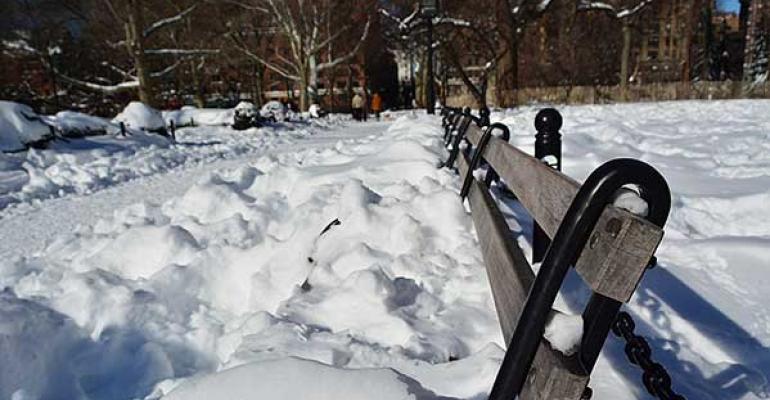The record-breaking "Blizzard of 2016" that pounded much of the eastern U.S. coast over the weekend is a powerful reminder of the importance of well-drafted force majeure clauses to protect events.
Force majeure, meaning a superior or irresistible power, is the name of a contract provision that essentially allows one or both parties to call a halt to their obligations due to circumstances (like severe weather) or unforeseen forces beyond anyone’s control. You might find this clause buried in the boilerplate at the end of a contract, but it should never be overlooked, says meetings industry attorney James Goldberg, principal, Goldberg and Associates, Washington, D.C. Always include these three conditions in a force majeure provision:
1. Allow for partial performance. Often, force majeure clauses written by hoteliers are all-or-nothing—terminate the contract or not. “But maybe you don’t want to terminate,” says Goldberg ... --MeetingsNet




